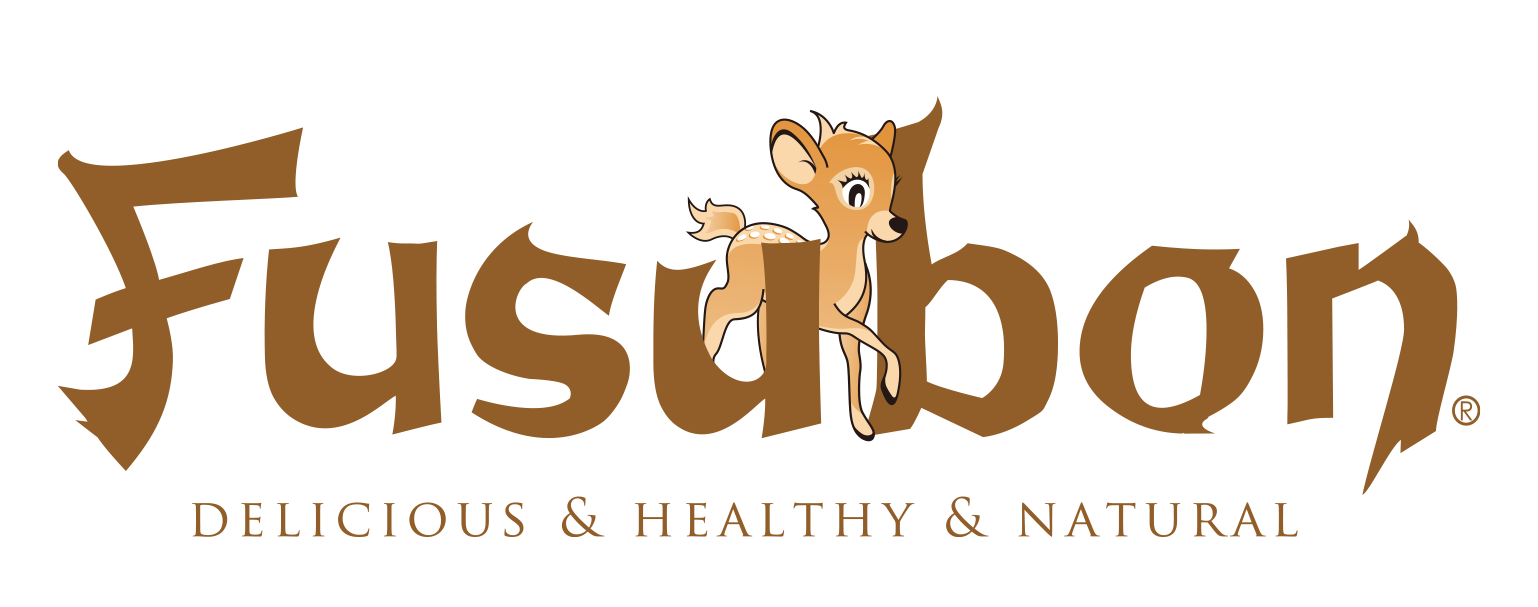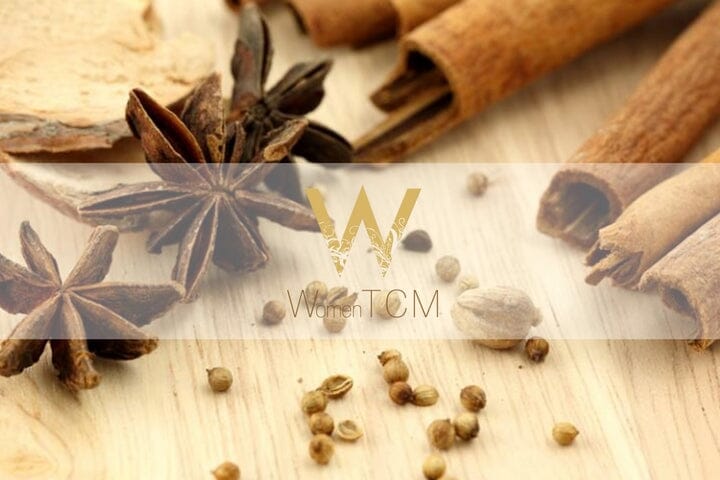 What is Chinese medicine?
What is Chinese medicine?
Thinking about health through Chinese medicine
Hello! I'm the owner of Fusubon. Recently, I've become interested in orthomolecular medicine, so I've become interested not only in supplements but also in Chinese medicine.
This time, we have with us Yuko Yanagisawa, who founded the Women's Traditional Chinese Medicine Promotion Association, a general incorporated association with the aim of spreading the word about traditional Chinese medicine.
(Kawatani) Thank you for taking the time to see me today, Yanagisawa-san!
(Yanagisawa) Thank you very much!
(Kawatani) First of all, I would like you to tell me what Kampo is in general terms. In my mind, it is "a medicine with few side effects made from powdered natural ingredients. It is an extension of food." There is a common expression that says that you should eat food as if it were medicine.
(Yanagisawa): Yes. Every ingredient has its own role, and those with strong powers are used as medicinal ingredients, and those with even stronger powers are used as herbal medicines.
Therefore, there are many things that we eat every day that are actually used as herbal medicines (for example, ginger, cinnamon, yam, etc.).
The general idea is that you can become healthy by learning the role of each food ingredient and herbal medicine, and eating and drinking what suits your constitution .
(Kawatani) I see. It seems like it would be good to use it in combination with food for health. Is the Chinese Medicine Promotion Association more of a dietary guidance organization than a Kampo prescription organization?
(Yanagisawa) Of course, herbal medicines are important for daily health care, but I also want to teach people self-care methods that they can do at home, such as diet and exercise, to prevent illness before taking herbal medicine.
When I was working at a Chinese medicine pharmacy, I would hear people say, "Chinese medicine is good, but it's expensive and difficult to continue using it." I would like people to first take care of themselves at home, and then take Chinese medicine if they don't get better.
Even if you are not feeling well and are taking Chinese herbal medicine, the way you get better will be completely different depending on whether or not you take care of yourself. Therefore, one of our priorities is to "inform you about self-care that you can do at home." Of course, we recommend Chinese herbal medicine to those who need it.
(Kawatani) I see. I apologize for asking such a basic question, but can you easily buy authentic Kampo medicine at a drugstore?
For example, I'm sure our readers are familiar with Kakkonto, but would it be possible to ask to be treated by a local doctor or other familiar practitioner who only uses Chinese medicine?
Where can I buy Chinese medicine?
(Yanagisawa) The number of products sold at drug stores is limited. At the pharmacy specializing in Chinese medicine, like the one I worked at, there were dozens of types of Chinese medicine just for colds.
Some people come to treat colds or hangovers.
If the doctor specializes in Chinese medicine, you may be able to ask for their help.
(Kawatani) I see. It might be a good idea to become friends with the pharmacists at the pharmacy that usually handles herbal medicines.
For headaches and other conditions, immediate results are required, so I think many people turn to over-the-counter medication and don't usually think about it once the pain has gone away, but is it possible to treat the underlying condition with Chinese medicine on a regular basis?
Can Chinese medicine cure headaches?
(Yanagisawa) Wanting to alleviate chronic headaches is a common concern at a pharmacy that specializes in Chinese medicine.
At pharmacies specializing in Chinese medicine, we often hear complaints of symptoms that "we have tried various measures but have not been cured."
The causes of headaches vary depending on your constitution. Sometimes a bad stomach can be the cause of a headache. We will listen carefully to your symptoms and fundamentally improve your constitution.
(Kawatani) I see. I'm glad that you can prescribe medication that is tailored to your symptoms, even from a long-term perspective.
At Fusubon, we sometimes receive consultations from people who are suffering from insomnia. Could you please let us know if there are any good foods or Chinese herbal medicines that can help them sleep well?
Treating insomnia with Chinese medicine
(Yanagisawa) There are many different causes of insomnia, so to be honest, it's hard to say that this will work for everyone.
In women, the cause is often a lack of nutrition to the brain (technically known as lack of blood) .
With this type of insomnia, the sleep is shallow, the person wakes up many times during the night, and they have many dreams.
Symptoms other than insomnia include fatigue, tired/dry eyes, and forgetfulness.
Recommended foods for improving this condition include oysters, raisins, goji berries, and jujubes. In Chinese medicine, Sanso-nin-to and Kihi-to are often used for types of brain nutrition deficiency.
In men, insomnia is often caused by brain excitement, so we often recommend Chinese herbal medicines that suppress excitement.
(Kawatani) I see. That's very helpful. I'm sorry for asking so many questions in a row, but influenza and colds have been going around recently. Could you tell me about foods and Chinese medicines to use when you have a cold?How to think about Chinese medicine when you have a cold
(Yanagisawa) When it comes to colds, the recommended remedies vary depending on the symptoms you have at the time. When you feel chills and stiffness in your shoulders and neck, this is classified as a "cold" type of cold in Chinese medicine.
At this time, it is recommended to eat foods that will warm you up. For example, make a soup with plenty of green onions and ginger, grate ginger, add brown sugar and pour hot water over it, or make ginger brown sugar tea .
In Chinese medicine, Kakkonto is effective for this type of condition . When you have a sore throat and a fever, Chinese medicine classifies it as a "heat" type with inflammation. At this time, foods that warm the body are not good for you. Foods that remove heat and suppress inflammation are recommended .
Recommended ingredients include mint tea, burdock, and lotus root .
In Chinese medicine, Banlankon tea and Gingyosan are recommended. Please note that Kakkonto is not effective for this type .
(Kawatani) Thank you. I see. I'm learning a lot.
Lastly, I'm sorry to ask a personal question, but I suffer from hay fever and other allergies and have a relatively high eosinophil count. What kind of Chinese medicine or diet would you recommend?
Can Chinese medicine improve allergic rhinitis and hay fever?
(Yanagisawa) In Chinese medicine, people with hay fever or allergies are said to be in a state of "kikyo," a condition that causes a lack of energy and weakens the body's barrier function .
We recommend foods that improve Qi deficiency, that is, foods that invigorate the stomach and intestines and make it easier for the food you eat to be converted into energy .
Specifically, rice, potatoes, and beans are known to be good foods for qi deficiency.
There is also a trick to eating properly, and the key is to eat in a way that is easy to digest, such as porridge, soup, or hotpot, so that your stomach and intestines can easily absorb the food.
(Kawatani) Thank you. Since I started limiting my carbohydrate intake, I have been eating less rice and potatoes, which may be putting a strain on my stomach and intestines. I will try to chew my food well to avoid putting a strain on my stomach and intestines.
There have been a growing number of reports that intestinal bacteria are involved in the immune system and that allergies can be improved by reviewing intestinal bacteria , but it seems that in the world of Chinese medicine, it has long been known from experience that the intestinal environment is involved in the immune system.
Recently, nutritional therapy, orthomolecular therapy, has been attracting attention, and I myself have been taking blood tests and working backwards to calculate my nutrition intake. Western medicine is a form of medicine that requires immediate results. It is a direct symptomatic treatment.
Oriental medicine takes time, but it is based on the idea of trial and error, observing the condition of the body, and treating the root cause. Fusubon advocates maintaining health through diet, supplements, and daily exercise, so we are committed to a more oriental medicine approach.
(Yanagisawa) As you say, Western medicine and Eastern medicine have completely different approaches.
In Japan, Western medical treatment is still the norm, but in China, they combine traditional Chinese and Western medicine, and you can receive both at hospitals. For me, the most important thing is to use both in your daily life depending on the situation, so that you can live each day in good health.
I myself came to the world of Eastern medicine from the world of Western medicine working for a pharmaceutical company due to my own poor health, and I have truly experienced the wonderfulness of Eastern medicine when it comes to improving one's physical constitution.
There are many things you can do before you get sick, such as Chinese medicine, diet, and lifestyle changes, that don't cost money.
I work with the hope that as many people as possible will learn about the wisdom of Oriental medicine, which is like a grandmother's wealth of wisdom that can be found in such lifestyles.
<Profile of Yuuko Yanagisawa>
Women's Traditional Chinese Medicine Promotion Association (General Incorporated Association) http://women-tcm.jp/
Representative Director / Pharmacist
While working for a foreign pharmaceutical company, she became ill and developed an interest in alternative medicine, including Chinese herbal medicine, supplements and aromatherapy.
After that, I encountered traditional Chinese medicine and began to seriously study traditional Chinese medicine, herbal medicine, and medicinal food.
He learned traditional Chinese medicine from leading experts who popularized traditional Chinese medicine in Japan and from authentic traditional Chinese medicine doctors, and after training in Beijing, China, he became an international specialist in traditional Chinese medicine in 2011.
After five years of counseling more than 1,000 people a year at a pioneering traditional Chinese medicine pharmacy that is visited by more than 10,000 people a year, and launching a traditional Chinese medicine website, he went independent in April 2016.
He is currently imparting the wisdom of Chinese herbal medicine and medicinal cuisine that can be used at home.

